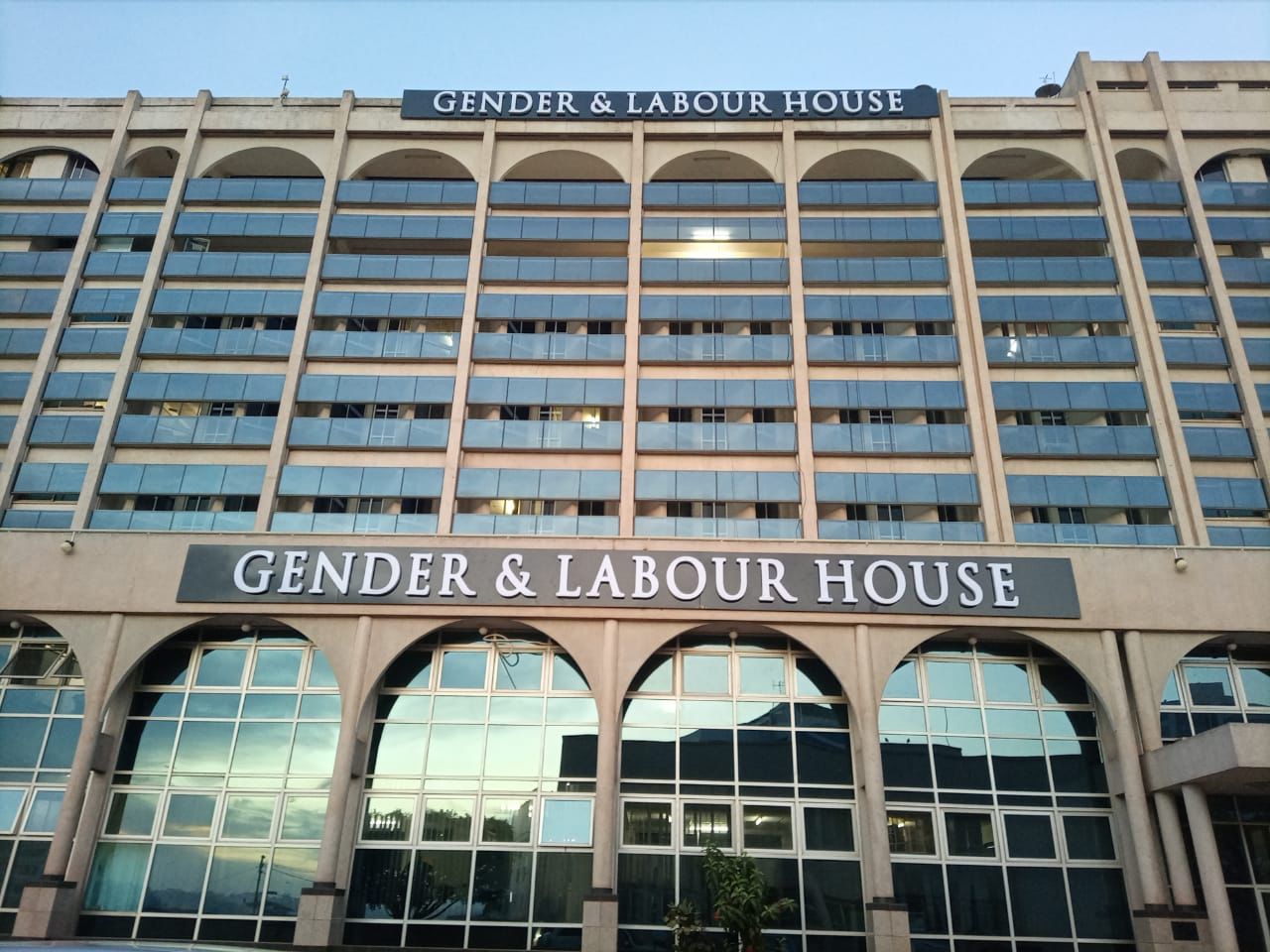The High Court (Commercial Division) has dismissed a lawsuit by Simbamanyo Estates against Equity Bank (U) Ltd, Equity Bank Ltd (Kenya) challenging the sale of its properties due to loan default.
In 2020, Equity Bank (Uganda) sold Simbamanyo House to businessman Sudhir Ruparelia due to the failure by Simbamanyo Estates to clear a loan of $8.1 million it had with the bank.
However, Sibamanyo Estates went to court crying foul play. Its major director, Peter Kamya, claimed through his lawyers Muwema and Co Advocates that the company was only aware of the loan by Equity Bank Uganda, arguing that Equity Bank Kenya was not licensed to transact such business in Uganda.
However court, in a judgement delievered by Justice Grace Magala ruled that the financial transactions and securities involved were lawful and enforceable.
Simbamanyo Estates had claimed the mortgage process was tainted by fraud and that the defendants, particularly the foreign entities, were not licensed to conduct financial institution business in Uganda.
The court rejected these claims, statating that “there is no law restricting Ugandans from borrowing from foreign persons or entities.”
The ruling clarified that the Financial Institutions Act, 2004, does not prohibit Ugandans from borrowing from foreign entities, noting, “The FIA of 2004, in my opinion, was never intended to forbid borrowing by persons in Uganda from borrowing from entities or institutions situated outside Uganda.”
The court also addressed Simbamanyo’s allegations of misrepresentation regarding the purpose of the $ 10 million loan from Bank One, which was intended to refinance existing loans and complete the Afrique Suites Hotel.
Simbamanyo argued that the banks misrepresented that $ 7.9 million would clear prior loans, with $ 2.1 million for construction, but the court found no evidence of misrepresentation.
“For a statement to amount to a misrepresentation, it must be a statement either made orally or in writing by the representor to the representee about facts that the representee will rely on as true and act upon but later the statements turn out to be false,” the court noted, adding that no such statement was proven.
On the issue of undue influence, Simbamanyo claimed the banker-customer relationship gave the defendants a dominating influence.
The court dismissed this.
Regarding the securities, including mortgages over properties on Lumumba Avenue and Mutungo, the court found them valid and effective. ”
The securities were legal and effective, and therefore Equity Bank (Uganda) held rights on the mortgages since the transactions were lawful. The court also noted that the properties had already been sold to third parties, rendering requests for injunctions null and void.
Court also dismissed claims for remedies, including declarations of illegality, refunds, and damages by Sibamanyo.







